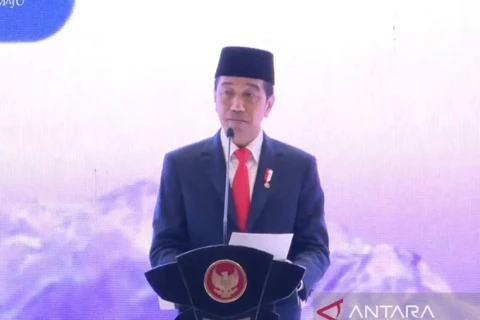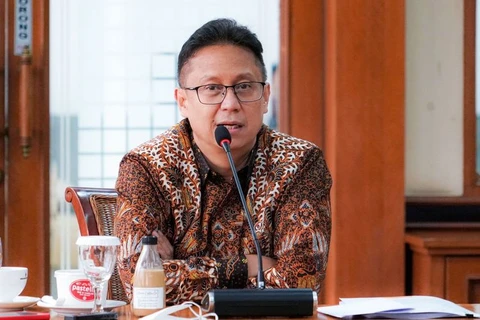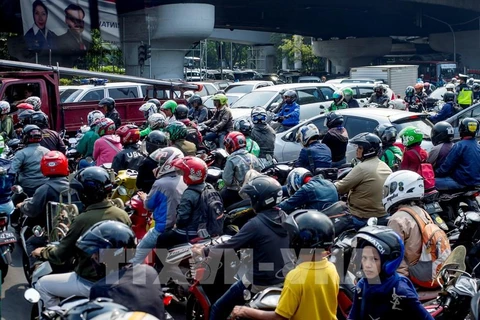Jakarta (VNA) – Indonesia will need 9 million digital talents in the next seven years to support the development of its digital economy, according to an official from the country's Coordinating Ministry for Economic Affairs.
Deputy Minister for Digital Economy, Employment, and Micro, Small, and Medium Enterprise (MSME) Coordination Rudy Salahuddin said at the "Media Briefing: Launch of the White Book on the National Strategy for Digital Economic Development" in Jakarta on December 4 that currently, in terms of human resources (HR), there is a need for experts in digital fields such as artificial intelligence (AI) and cloud computing development.
However, he said, the rapid changes caused by technological development are creating challenges.
Therefore, Salahuddin suggested changes in the curriculum to build students' analytical, quantitative, and STEM (science, technology, engineering, and mathematics) skills.
He noted that the Indonesian government is collaborating with information technology (IT) companies such as Apple Academy, International Business Machines Corporation (IBM), and Microsoft.
Recently, the Singhasari Special Economic Zone (KEK) in Malang district signed a memorandum of understanding (MoU) with the globally-recognised King's College London (KCL), which is based in England, he added.
The value of Indonesia's digital economy is continuing to grow and has been recorded as the highest in Southeast Asia. This year, it reached 82 billion USD, and it is estimated to stand at 109 billion USD in 2025./.
Deputy Minister for Digital Economy, Employment, and Micro, Small, and Medium Enterprise (MSME) Coordination Rudy Salahuddin said at the "Media Briefing: Launch of the White Book on the National Strategy for Digital Economic Development" in Jakarta on December 4 that currently, in terms of human resources (HR), there is a need for experts in digital fields such as artificial intelligence (AI) and cloud computing development.
However, he said, the rapid changes caused by technological development are creating challenges.
Therefore, Salahuddin suggested changes in the curriculum to build students' analytical, quantitative, and STEM (science, technology, engineering, and mathematics) skills.
He noted that the Indonesian government is collaborating with information technology (IT) companies such as Apple Academy, International Business Machines Corporation (IBM), and Microsoft.
Recently, the Singhasari Special Economic Zone (KEK) in Malang district signed a memorandum of understanding (MoU) with the globally-recognised King's College London (KCL), which is based in England, he added.
The value of Indonesia's digital economy is continuing to grow and has been recorded as the highest in Southeast Asia. This year, it reached 82 billion USD, and it is estimated to stand at 109 billion USD in 2025./.
VNA






















